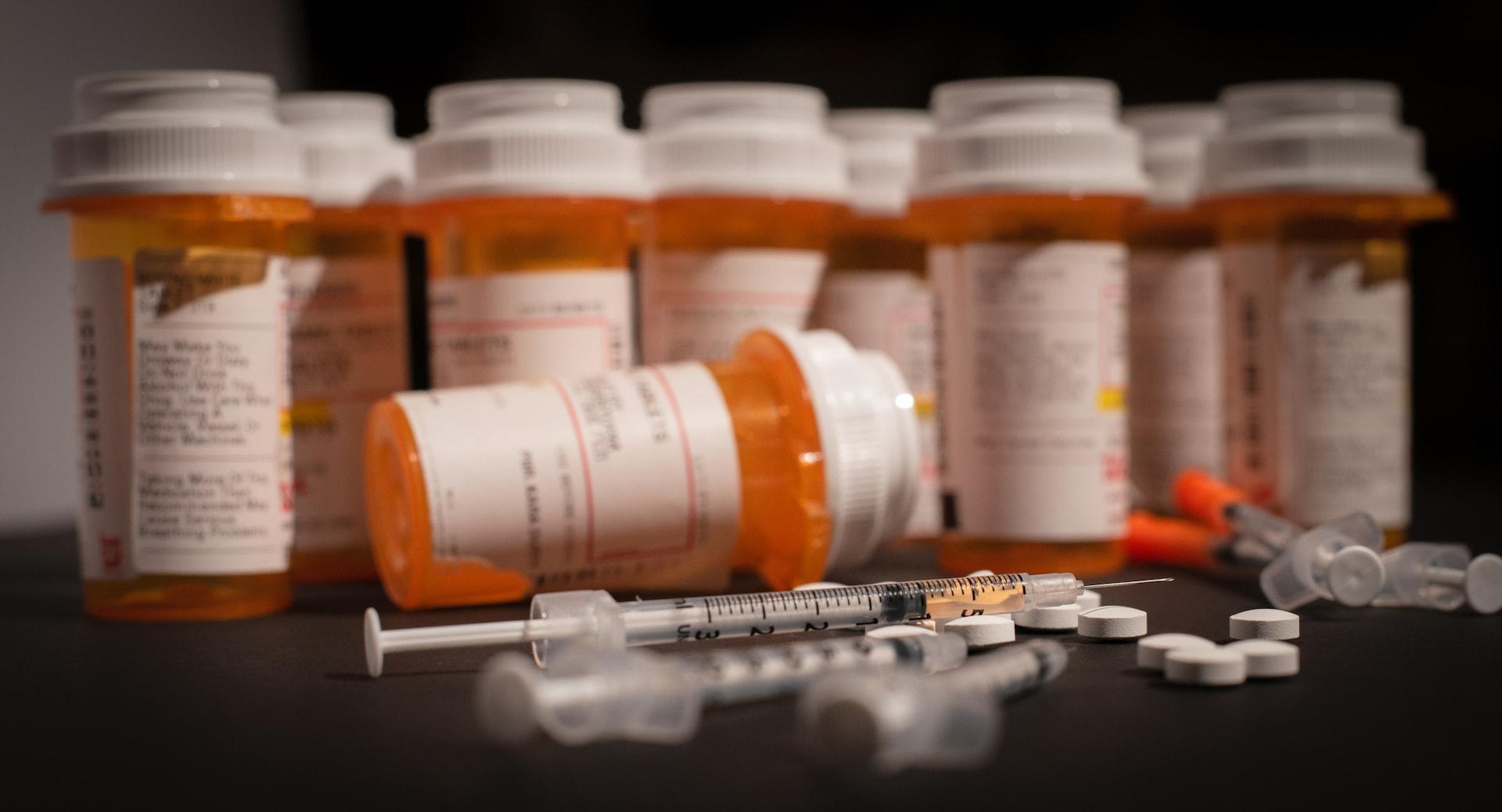Methadone: Recovery from Heroin

What Is Methadone?
Sometimes labeled as a dangerous narcotic, Methadone is actually an opioid pain reliever, similar to morphine. When taken legally, Methadone is perscribed to people addicted to heroin or other harsh narcotics to relieve the "high" associated with addiction, and thus the physical and psychological pain that comes with it.
Apart from it being a pain reliever and part of a majority of drug addiciton detoxification programs, Methadone is frequently abused and taken improperly, which can result in serious side effects or even death.
Side Effects
If you or someone you know experiences any serious side effects when taking Methadone, call a doctor or seek emergency medical help immediately. A few mild and serious side effects that can occur when taking Methadone include:
- Shallow breathing;
- Hallucincations;
- Confusion;
- Chest pains or pounding heartbeat;
- Dizziness or fainting;
- Trouble breathing or feeling light-headed;
- Feeling anxious, worried, nervous, or restless;
- Feeling weak or drowsy;
- Dry mouth, vomiting, constipation, diarrhea;
- Decrease in sex drive or impotence.
How Should Methadone be Used?
1) Take Methadone exactly as prescribed by a doctor. Never take it in larger amounts or for longer than recommended by a doctor. Methadone is available in tablets, dispersable tablets, as a liquid, and as an injection.
2) When Methadone is used as part of a treatment program for drug addiction, the medication may be given by a family member, caregiver, or under the supervision of a professional able to monitor the drugs dosage and usage.
3) Methadone should be stored in a dry, cool place at room temperature. After a person has stopped using Methadone for pain or addiciton relief, it is highly advised to return them to a pharmacy for proper disposal.
How To Detect Abuse
One effective way of looking for signs of Methadone abuse is to look for the side effects the drug can cause. A Methadone user may develop insomnia and will go on to have unusual sleeping habits. A user may lose their appetite, sweat, flush, gain weight, and can have unusual mood swings throughout the day. A common complaint for opiate abusers is that they have trouble urinating, develop skin rashes, and have water retention.
Methadone Overdose
If you or someone you know may be suffering from a Methadone overdose, seek medical attention immediately or call the Poison Help line at 1-800-222-1222. A few overdose symptoms include: extreme drowsiness, confusion, pinpoint pupils, cold and/or clammy skin, shallow breathing, or a weak pulse. A Methadone overdose can also be fatal, especially when mixed with alcohol or other narcotics.
Drug Tests for Methadone
Health Street has several Methadone drug tests. It is included as part of our 9 panel urine test or 9 panel hair follicle tests.





